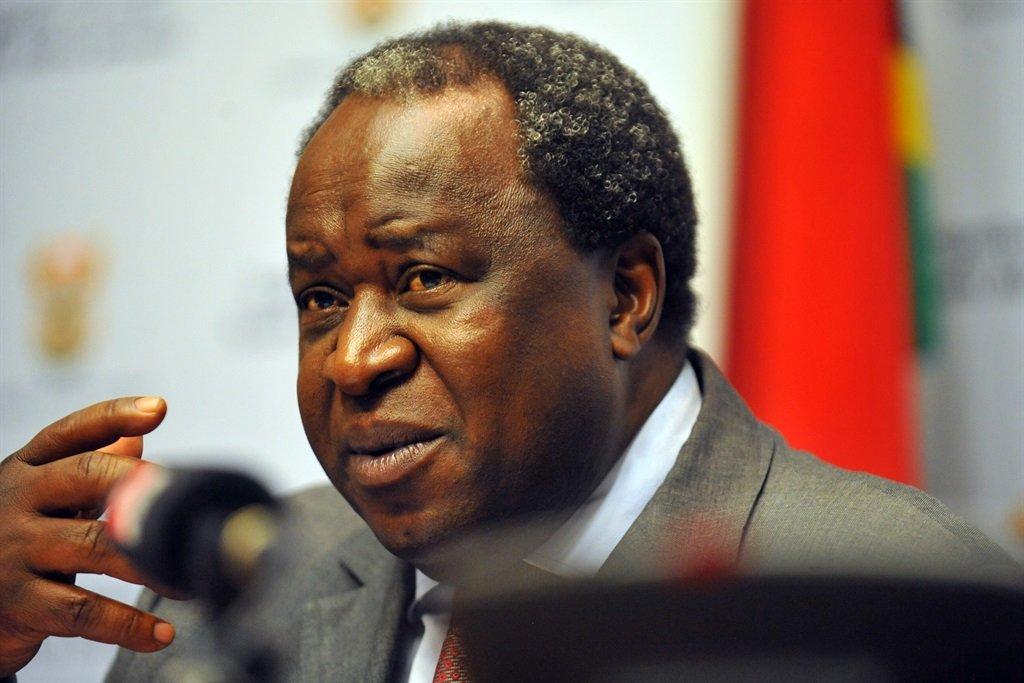Africa-Press – South-Africa. Former finance minister Tito Mboweni says it was South Africa’s banks that killed government’s Covid-19 Loan Guarantee Scheme. According to Mboweni, they were not willing to “play ball”, and not even a personal plea from President Cyril Ramaphosa could convince them.
Speaking at the PSG annual conference in Sun City on Wednesday, Mboweni said there was no reason for banks to be reluctant to lend money under the scheme as the government had agreed to take most of the risk should businesses not repay.
“That national guarantee scheme was designed in such a way as 94% of the risk was to be absorbed by the National Treasury and the South African Reserve Bank [SARB]. But the banks didn’t come to the party,” said Mboweni.
The former finance minister said he was “disappointed” at how the sector didn’t extend as much credit as businesses applied for, particularly small and medium enterprises.
Shortly before the scheme ended in mid-2021, only R18.4 billion – of a potential R200 billion – had been dispersed. In their defence, banks have consistently said that they were following instructions from the SARB, which instructed them not to lend irresponsibly.
Banks have only approved 27% of Covid-19 loan scheme applications
Mboweni said President Cyril Ramaphosa tried to intervene when it became clear that banks were not lending out the promised R200 billion at a rate that government expected.
“We had several meetings with them, and they wouldn’t budge.” When Ramaphosa joined one of these meetings, “they basically told him that they are not going to do it”, said Mboweni.
He said that is why, when big business talks about a social compact, he doesn’t take it seriously.
National Treasury has launched a new scheme – the Bounce Back Scheme – and commentators hope that banks will have more of an appetite to lend this time around. This is because National Treasury will assume 20.5% of the initial losses in the new scheme.
EXPLAINER | What you need to know about govt’s new ‘bounce back’ loans for businesses
Under the old Loan Guarantee Scheme, although 94% of losses were guaranteed by government, banks had to assume 6% of the initial losses. To try to reduce their exposure to possible initial losses, banks asked for collateral in many instances. But many business owners – not sure how long the lockdowns would last and whether they’d have businesses standing at the end of it – were not willing to bet their properties on it.
For More News And Analysis About South-Africa Follow Africa-Press






